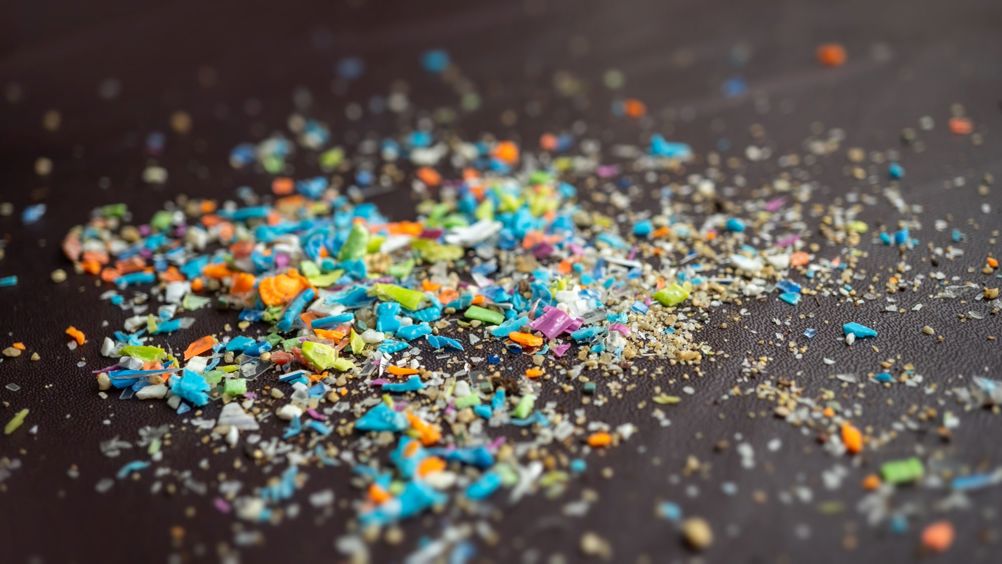Bacterial sex helps take on microplastics pollution
Researchers at Canada’s University of Waterloo have programmed bacteria found in wastewater to degrade PET, a common polymer that contributes significantly to microplastic pollution.

PET (polyethylene terephthalate) takes hundreds of years to degrade in the environment, breaking down over time into microplastic pieces less than 5mm long. Prolific across the food chain, the chemicals in these plastics are associated with insulin resistance, cancer and decreased reproductive health.
The Waterloo team added DNA to several species of bacteria found in wastewater. They used a natural process referred to as ‘bacterial sex’, where bacteria share genetic material with each other when multiplying. This enables the introduction of a new trait - FAST-PETase - into the target bacteria, giving them the ability to break down microplastics. The work is described in Microbial Technology.
“Think of these bacteria that already exist in water systems to clean up microplastics as biorobots that can be programmed to get the job done,” said Dr Marc Aucoin, a Professor at Waterloo’s Department of Chemical Engineering.
“Microplastics in water also enhance the spread of antibiotic resistance, so this breakthrough could also address that concern.”
Register now to continue reading
Thanks for visiting The Engineer. You’ve now reached your monthly limit of news stories. Register for free to unlock unlimited access to all of our news coverage, as well as premium content including opinion, in-depth features and special reports.
Benefits of registering
-
In-depth insights and coverage of key emerging trends
-
Unrestricted access to special reports throughout the year
-
Daily technology news delivered straight to your inbox










Water Sector Talent Exodus Could Cripple The Sector
Well let´s do a little experiment. My last (10.4.25) half-yearly water/waste water bill from Severn Trent was £98.29. How much does not-for-profit Dŵr...